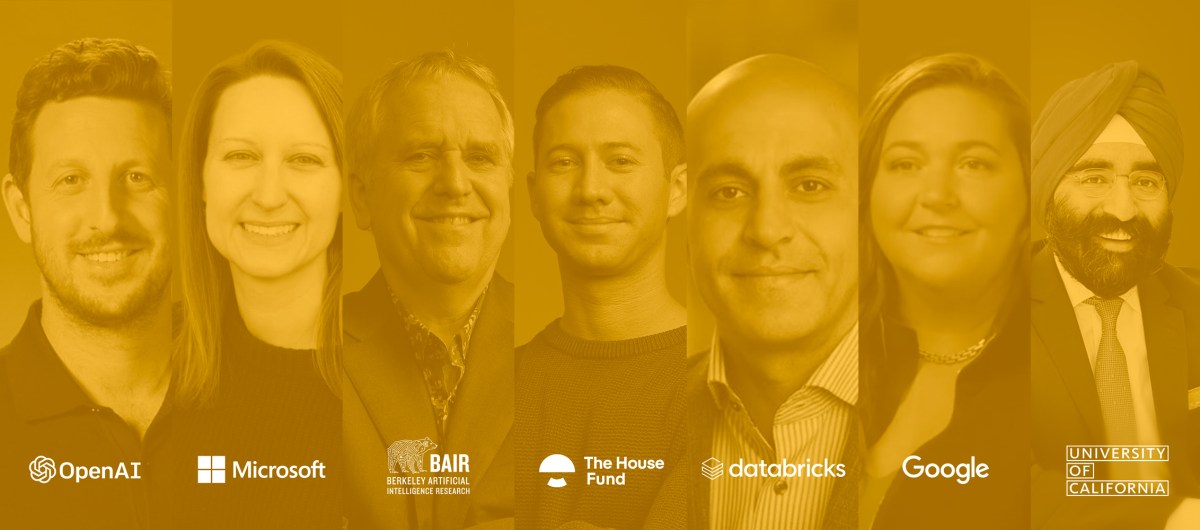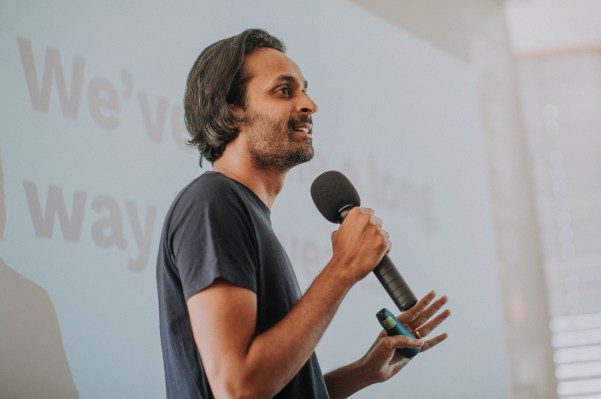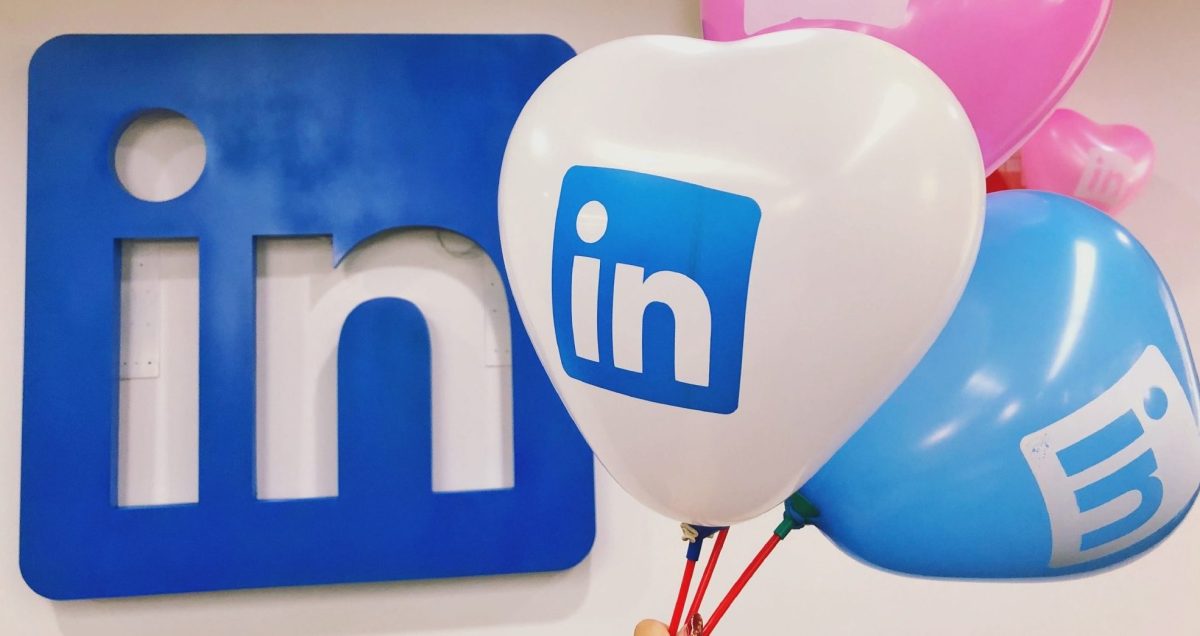Amid a boom in AI accelerators, a UC Berkeley-focused outfit, House Fund, swings open its doors
Companies at the forefront of AI would naturally like to stay at the forefront, so it’s no surprise they want to stay close to smaller startups that are putting some of their newest advancements to work.
Last month, for example, Neo, a startup accelerator founded by Silicon Valley investor Ali Partovi, announced that OpenAI and Microsoft have offered to provide free software and advice to companies in a new track focused on artificial intelligence.
Now, another Bay Area outfit — House Fund, which invests in startups with ties to UC Berkeley — says it is launching an AI accelerator and that, similarly, OpenAI, Microsoft, Databricks, and Google’s Gradient Ventures are offering participating startups free and early access to tech from their companies, along with mentorship from top AI founders and executives at these companies.
We talked with House Fund founder Jeremy Fiance over the weekend to get a bit more color about the program, which will replace a broader-based accelerator program House Fund has run and whose alums include an additive manufacturing software company, Dyndrite, and the managed app development platform Chowbotics, whose most recent round in January brought the company’s total funding to more than $60 million.
For founders interested in learning more, the new AI accelerator program runs for two months, kicking off in early July and ending in early September. Six or so companies will be accepted, with the early application deadline coming up next week on April 13th. (The final application deadline is on June 1.) As for the time commitment involved across those two months, every startup could have a different experience, says Fiance. “We’re there when you need us, and we’re good at staying out of the way.”
There will be the requisite kickoff retreat to spark the program and founders to get to know one another. Candidates who are accepted will also have access to some of UC Berkeley’s renowned AI professors, including Michael Jordan, Ion Stoica, and Trevor Darrell. And they can opt into dinners and events in collaboration with these various constituents.
As for some of the financial dynamics, every startup that goes through the program will receive a $1 million investment on a $10 million post-money SAFE note. Importantly, too, as with the House Fund’s venture dollars, its AI accelerator is seeking startups that have at least one Berkeley-affiliated founder on the co-founding team. That includes alumni, faculty, PhDs, postdocs, staff, students, dropouts, and other affiliates.
There is no demo day. Instead, says Fiance, founders will receive “directed, personal introductions” to the VCs who best fit with their startups.
Given the buzz over AI, the new program could supercharge House Fund, the venture organization, which is already growing fast. Fiance launched it in 2016 with just $6 million and it now manages $300 million in assets, including on behalf of Berkeley Endowment Management Company and the University of California.
At the same time, the competition out there is fierce and growing more so by the day.
Though OpenAI has offered to partner with House Fund, for example, the San Francisco-based company announced its own accelerator back in November. Called Converge, the cohort was to be made up of 10 or so founders who received $1 million each and admission to five weeks of office hours, workshops and other events that ended and that received their funding from the OpenAI Startup Fund.
Y Combinator, the biggest accelerator in the world, is also oozing with AI startups right now, all of them part of a winter class that will be talking directly with investors this week via demo days that are taking place tomorrow, April 5th, and on Thursday.




